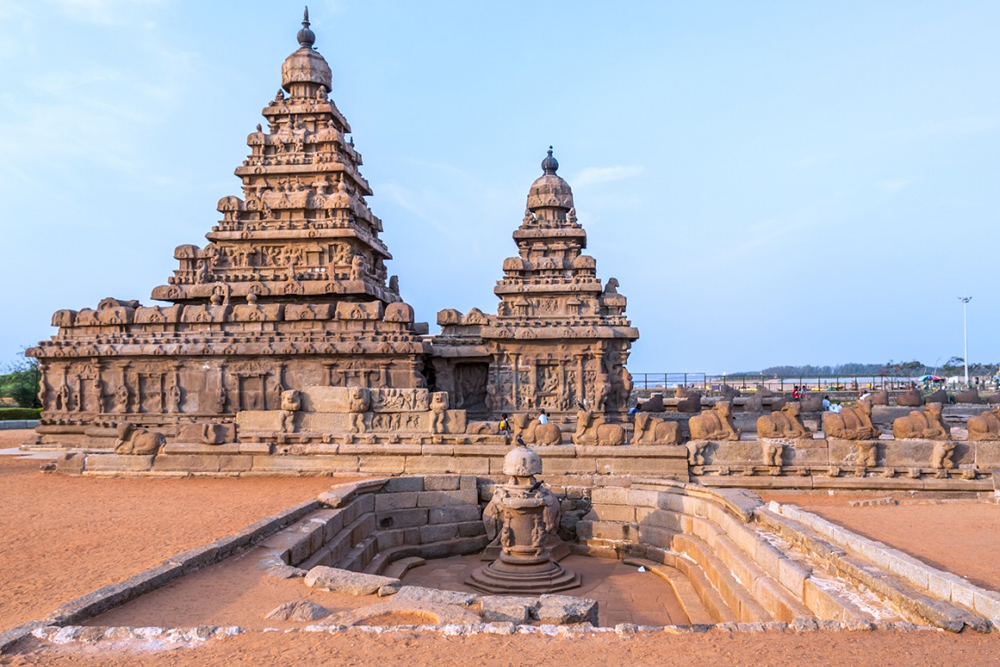Kashi Vishwanath Temple: Divine Sanctuary in Varanasi
- Home
- Famous Temple
- India
- Uttar pradesh
- Varanasi
- Kashi vishwanath temple divine sanctuary in varanasi
Kashi Vishwanath Temple: Divine Sanctuary in Varanasi
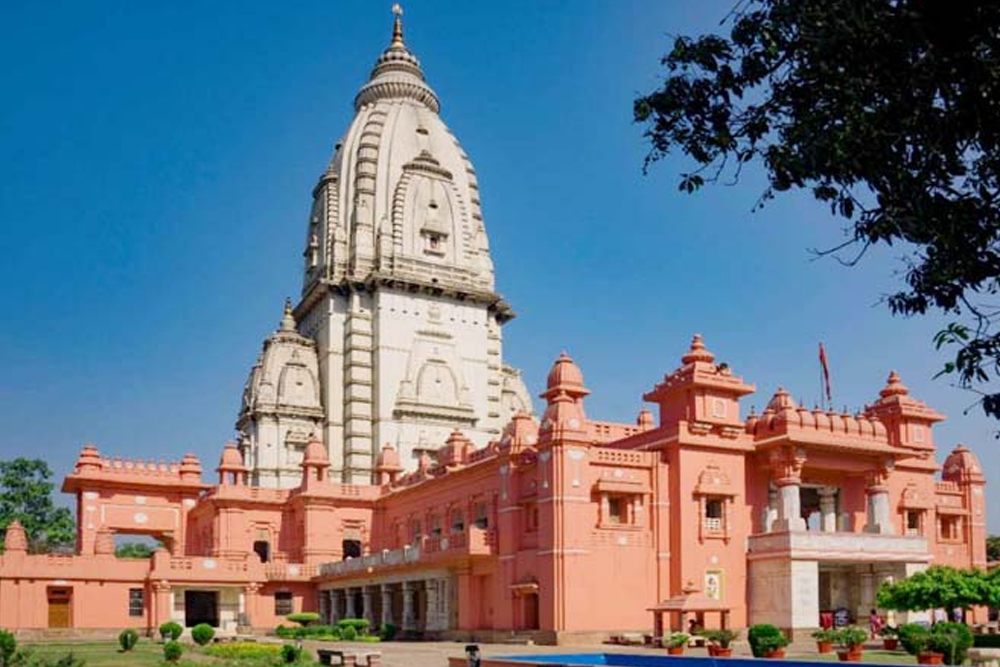
The Kashi Vishwanath Temple, dedicated to Lord Shiva, stands as a revered Hindu sanctuary nestled in Vishwanath Gali, Varanasi, Uttar Pradesh, India. This temple holds significant spiritual importance as one of the twelve Jyotirlinga shrines, with the presiding deity known by the names Vishwanath and Vishweshwara, signifying the Lord of the Universe.
Throughout history, the temple has faced multiple demolitions, notably by Mughal Emperor Aurangzeb, who erected the Gyanvapi Mosque on its original site. However, the current structure, erected adjacent to the mosque, dates back to 1780 and was commissioned by the Maratha ruler Ahilyabai Holkar of Indore.
Managed by a board of trustees established by the Uttar Pradesh government since 1983, the Kashi Vishwanath Temple continues to attract millions of devotees annually. In January 2023 alone, a record-breaking 3.35 lakh pilgrims visited the temple, with an average daily footfall exceeding 45,000. Notably, since the inauguration of the corridor in December 2021, the temple has welcomed over 10 crore tourists. The temple's total assets are estimated to exceed ₹6 crores, underlining its enduring significance and widespread devotion.
The Kashi Vishwanath Temple holds significant importance in the Hindu religion as one of the most revered places of worship. Inside the temple resides the Jyotirlinga of Shiva, known as Vishveshvara or Vishvanath. This Jyotirlinga has a profound and unique significance in the spiritual history of India.
Yes, during the pre-dawn ritual aarti, devotees are granted the privilege of touching the lingam. This opportunity is offered only twice a day. So, while the aarti is ongoing, devotees are asked to queue up again for this chance to touch the Shivling.
The Trishul, or trident, holds symbolic significance as one of Lord Shiva's primary weapons, representing the three fundamental qualities or gunas - sattva, rajas, and tamas. By placing the trident in Varanasi, it symbolizes the city's deep connection to the divine energy of Shiva and the balance of these qualities within the cosmic order.
Temples of India

Padmanabhaswamy Temple: An Icon of Wealth and Devotion
Temples of India
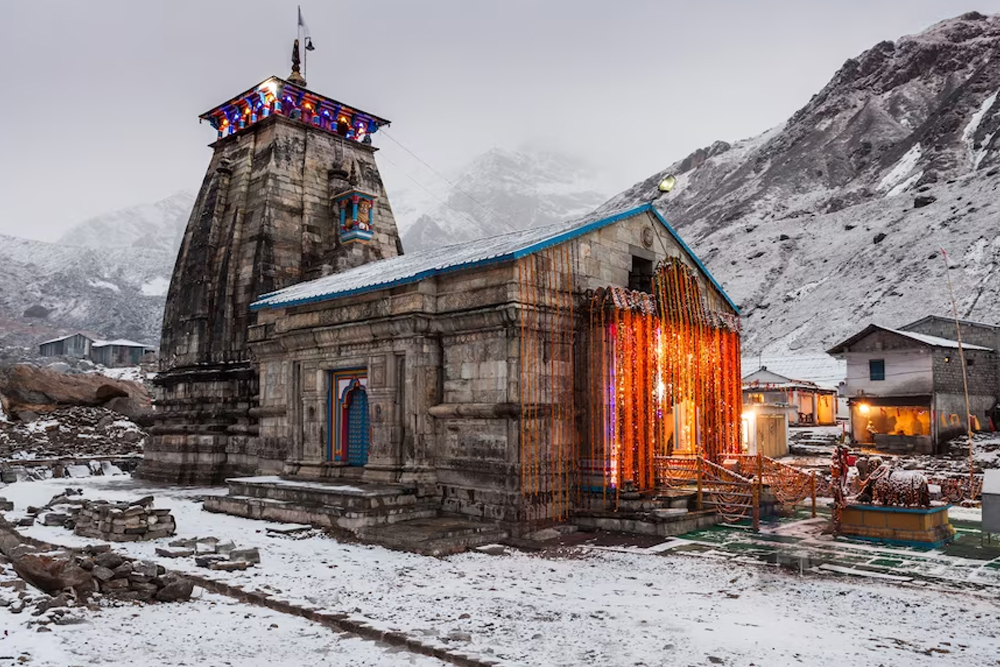
Kedarnath Temple: A Sacred Haven amidst the Himalayas
Temples of India
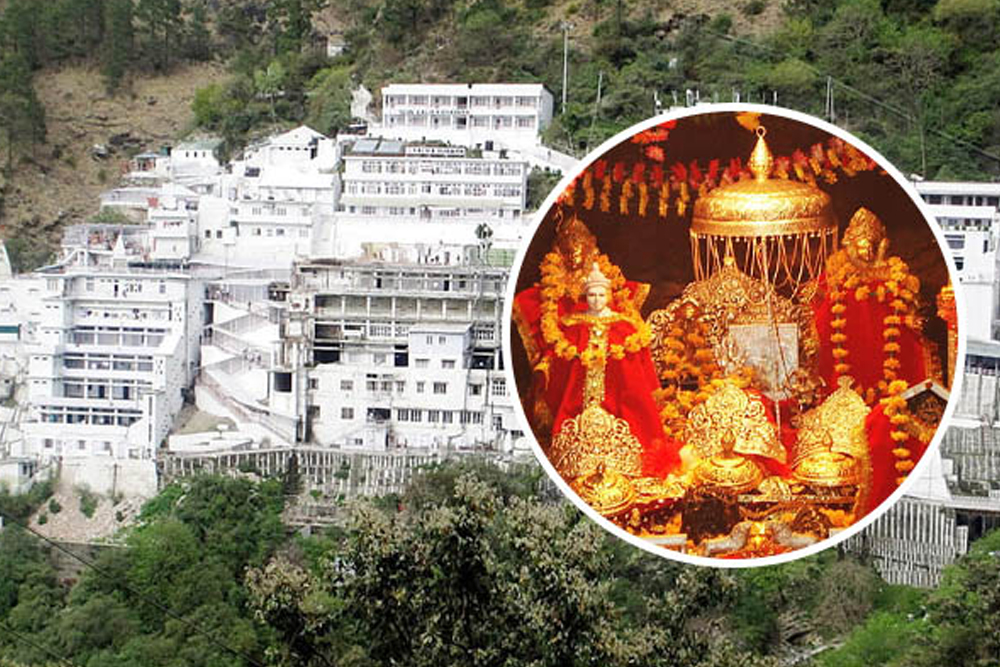
Vaishno Devi Temple: A Sanctuary of Devotion and Blessings
Temples of India
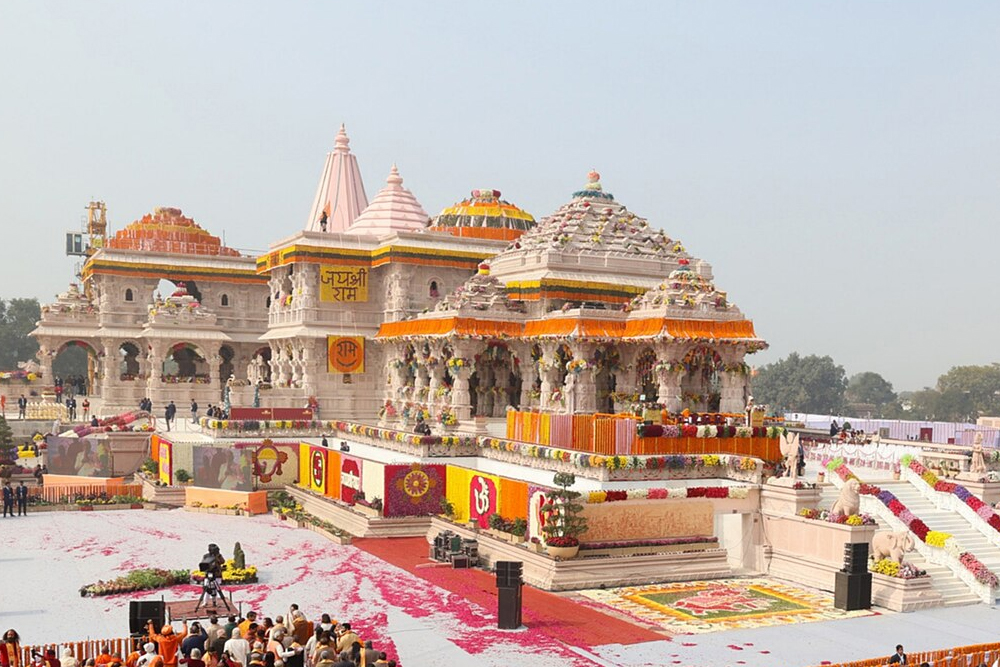
Ram Mandir: A Symbol of Faith and Controversy
Temples of India
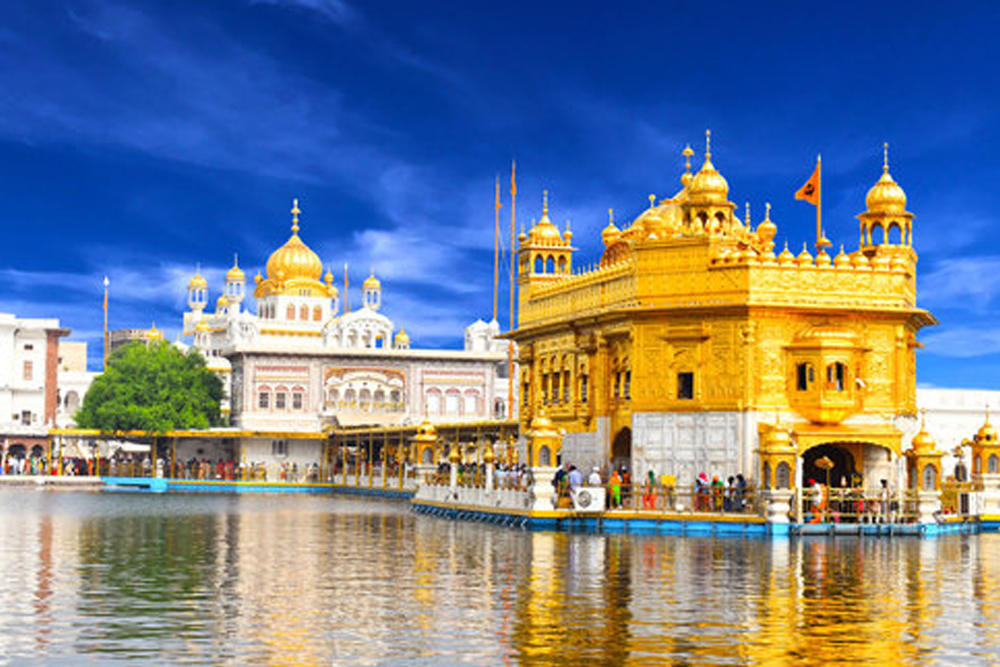
The Golden Temple: Emblem of Sikh Faith and Unity
Temples of India
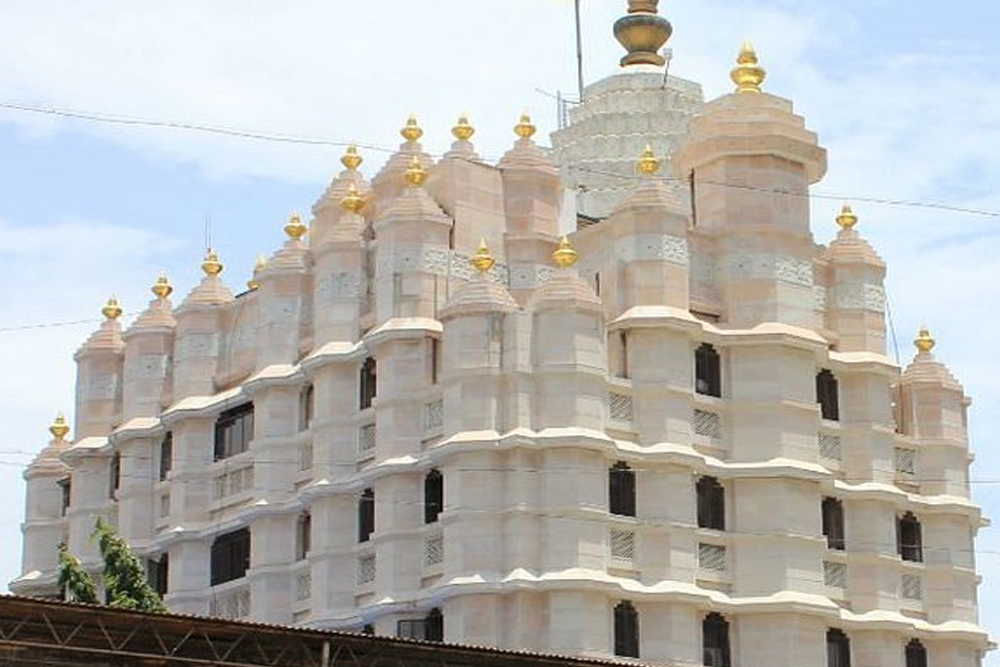
Shri Siddhivinayak Ganapati Mandir: A Beacon of Devotion in Mumbai
Temples of India
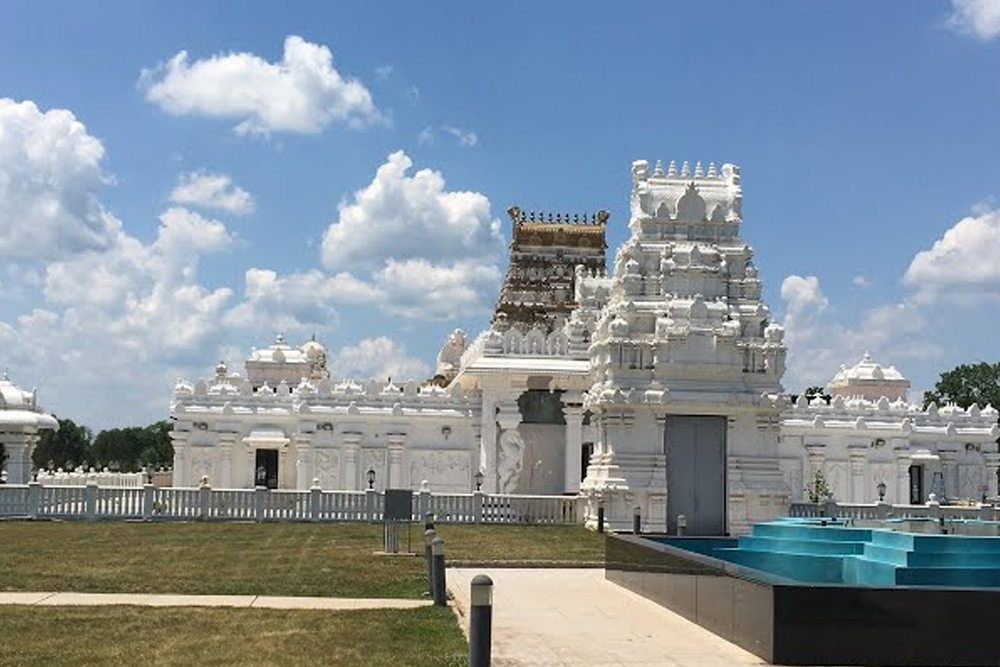
Sri Venkateswara Swami Temple: Sanctum of Spiritual Grace
Temples of India

Kashi Vishwanath Temple: Divine Sanctuary in Varanasi
Temples of India
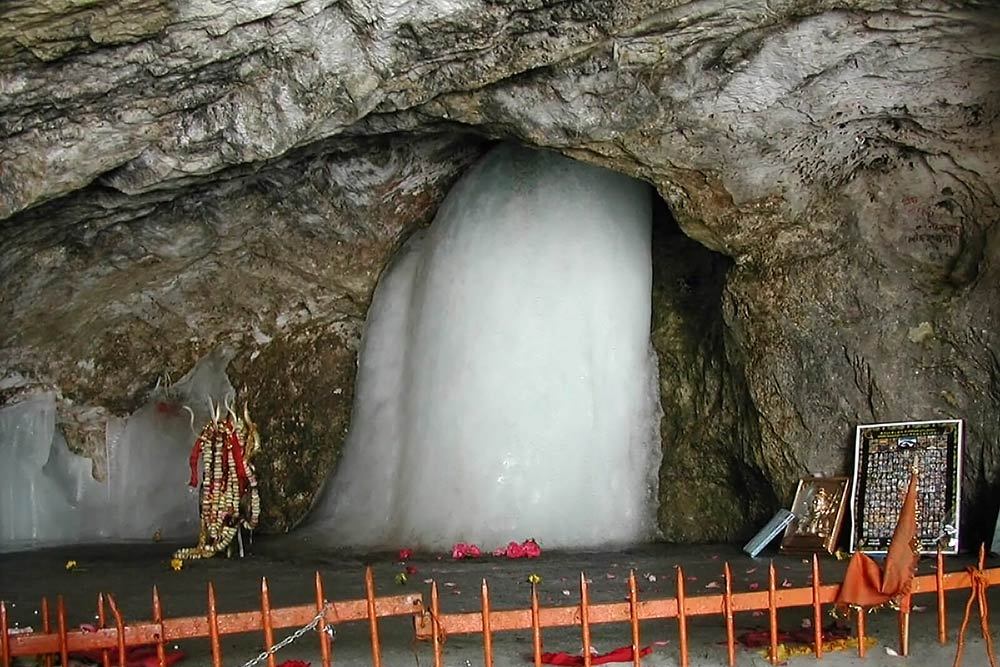
Amarnath Temple: Sacred Hindu Shrine in Jammu and Kashmir
Temples of India
